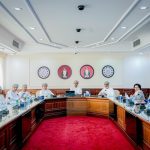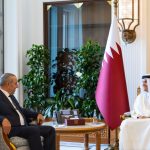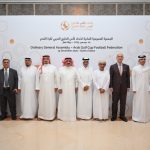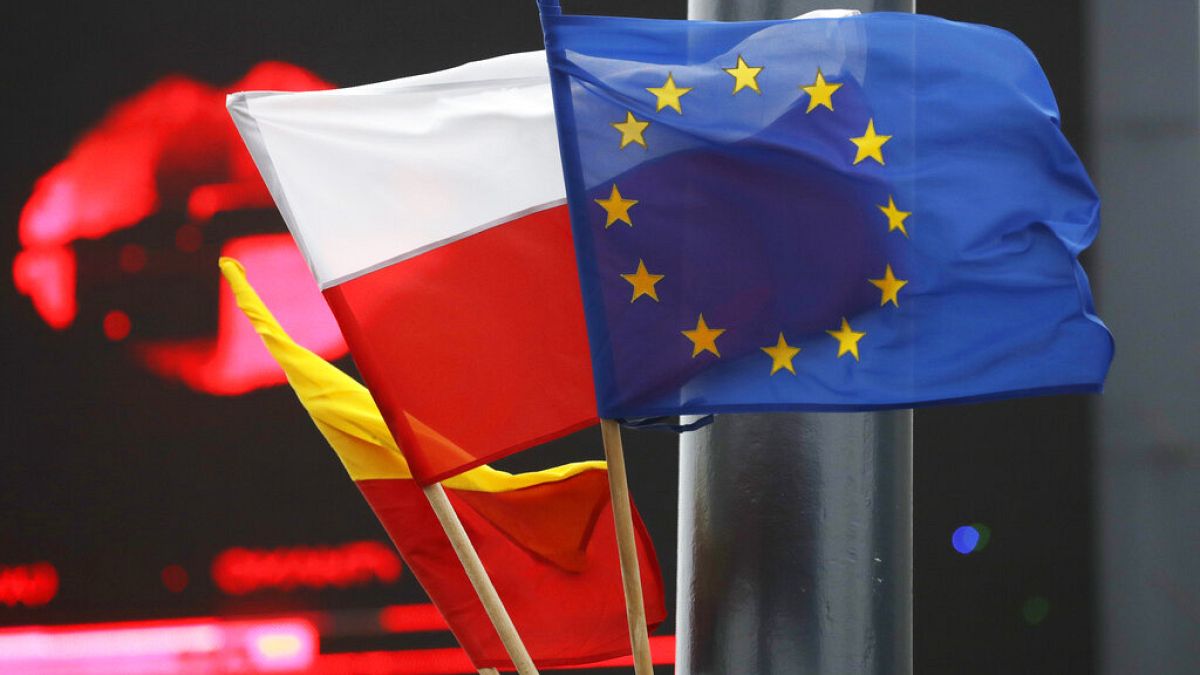Poland recently held a celebratory gala in Warsaw to mark the beginning of its second-ever presidency of the Council of the European Union. The country holds the rotating presidency every six months and is tasked with guiding the Council’s work and representing all member states in negotiations with other EU institutions. During the gala, composer Radzimir Dębski performed a newly composed piece titled Ukłon, inspired by Polish classical music. Polish Prime Minister Donald Tusk emphasized the importance of European unity and strength in his opening remarks, noting Poland’s commitment to the EU.
Despite some diplomatic tensions with other EU member states, Poland aims to focus its presidency on European security and defense, especially in light of the ongoing war in Ukraine. European Council President Antonio Costa praised Poland’s democratic values and national identity, emphasizing the importance of continued support for Ukraine. The absence of European Commission President Ursula von der Leyen, due to illness, and Polish President Andrzej Duda, highlighted some underlying tensions within the EU.
Poland’s presidency comes at a crucial time for the EU, with significant challenges such as the crisis at the Polish-Belarusian border and ongoing security concerns in the region. Prime Minister Tusk stressed the importance of European unity and strength, reaffirming Poland’s commitment to the EU project. With a focus on European security, Poland aims to address key issues facing the EU and work towards a stronger, more unified Europe.
The gala in Warsaw also highlighted Poland’s cultural heritage, with performances by local artists showcasing the country’s rich classical music traditions. Composer Radzimir Dębski’s new piece, Ukłon, drew inspiration from prominent Polish composers, reflecting the country’s artistic contributions to the world. The gala served as a platform for Poland to showcase its cultural and artistic talents on the international stage, highlighting the country’s unique identity within the European Union.
As Poland takes center stage in the EU, the country faces both opportunities and challenges in leading the Council of the European Union. With a focus on European security and defense, Poland aims to address the pressing issues facing the region while upholding its commitment to European unity. The gala in Warsaw marked the beginning of Poland’s second-ever presidency of the Council, emphasizing the country’s role in guiding the EU’s work and representing member states in critical negotiations with other EU institutions.
Overall, Poland’s presidency of the Council of the European Union is set to be a dynamic and eventful period, with a focus on key issues such as European security, defense, and continued support for Ukraine. The gala in Warsaw was a fitting start to this chapter, showcasing Poland’s cultural richness and commitment to European unity. As the country navigates the challenges and opportunities of its presidency, Poland’s leadership will play a critical role in shaping the future of the European Union and its member states.











